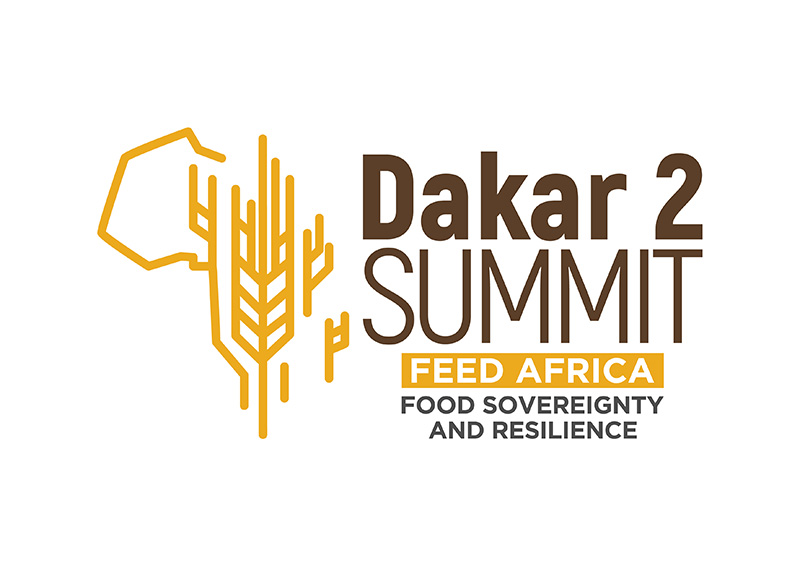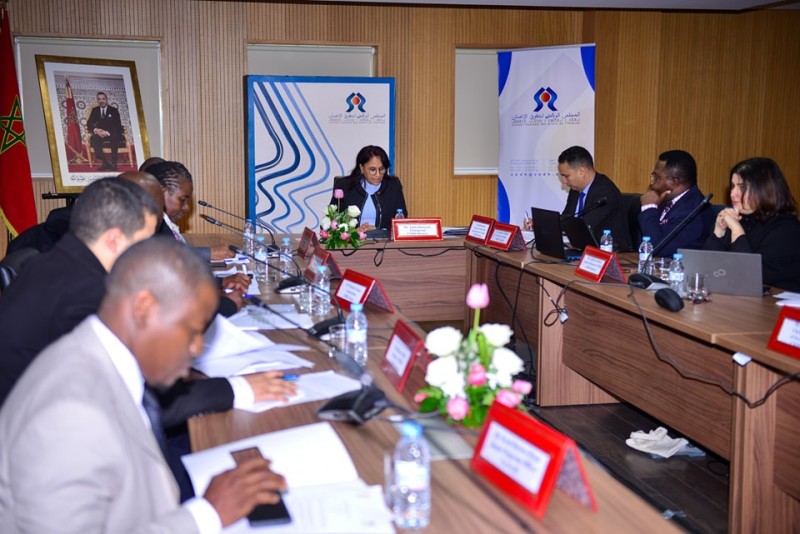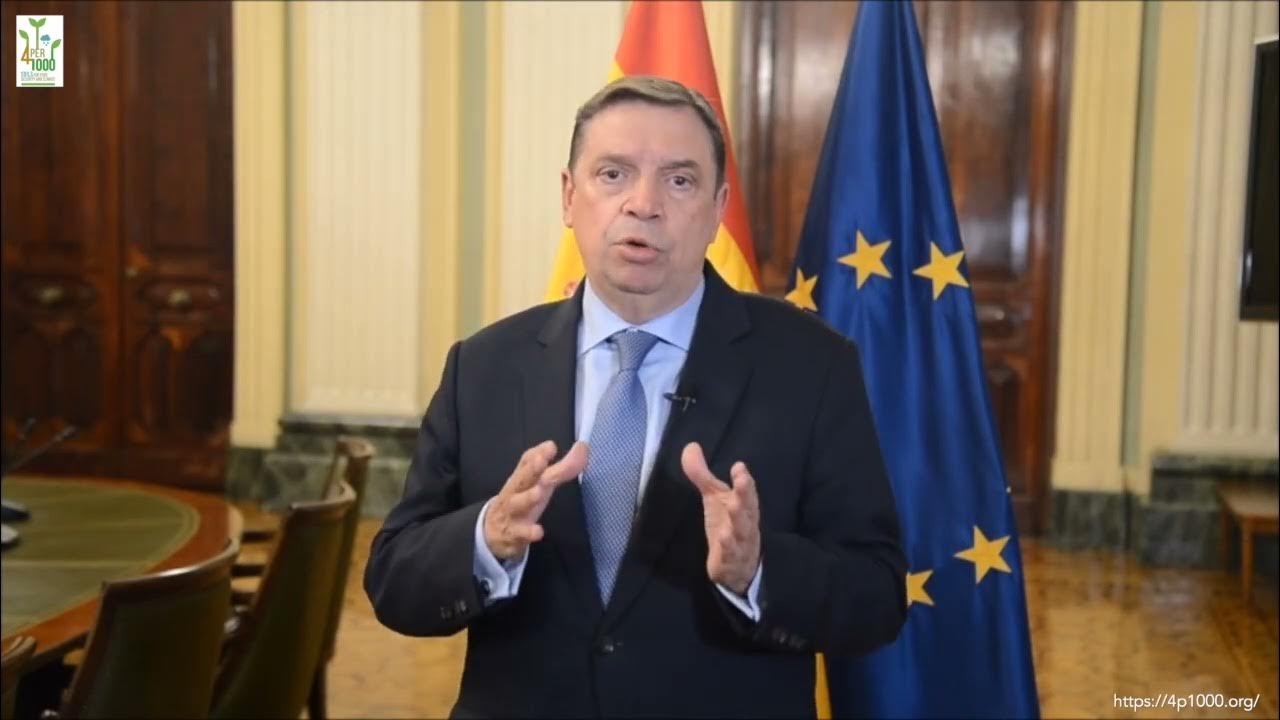Morocco OCP group will “actively contribute” to improving agricultural productivity in Africa, with a commitment to devote to the continent more than 4 million tons of fertilizers in 2023, said the General Manager of OCP Africa, Mohamed Anouar Jamali.
This amount represents “more than double that provided by OCP to the continent in 2021 and more than a quarter of the total production planned by the group,” added Jamali, who was speaking at a panel on the issue of fertilizers, held part of the Dakar 2 Summit on Food Sovereignty, held at the initiative of the African Development Bank, the Government of Senegal and the African Union Commission.
In July 2022, OCP launched a large-scale program by making 550,000 tons of fertilizer available to several African countries, said the head of OCP Africa.
Food security is perhaps one of the greatest challenges that we will have to meet collectively,” said Jamali, noting that “the challenge is twofold and is to ensure sufficient food productivity, while meeting the challenges of sustainability and environmental impact of our production systems.”
OCP, the world leader in the plant nutrition market and the world’s largest producer of phosphate fertilizers, considers that improving yields through a rational use of fertilizers is essential to meet this challenge, he added.
The Dakar 2 Summit, held under the theme “Feeding Africa: food sovereignty and resilience”, opened on Wednesday, under the presidency of the Senegalese Head of State, Macky Sall, in the presence of some fifteen heads of state and three vice-presidents and heads of government, including Morocco’s Aziz Akhannouch.
In an address before a panel entitled “Vision for the transformation of food and agriculture”, Aziz Akhannouch highlighted Morocco’s public policy in the agricultural sector, with focus on the Green Morocco Plan and the new strategy “Generation Green” in the transformation and development of this sector.
Akhannouch said that the Green Morocco Plan has helped maintain an average growth of 5.5 percent per year in agriculture over the past 10 years, including taking into account the difficult years of lack of rainfall.
He said “investment is at the heart of the equation”, citing, in this regard, investment in seeds, mechanization, fertilizers, land, training and research, an issue that is important to ensure an increase in productivity and added value of our products.
He said, moreover, that the second important step in the history of Moroccan agriculture is the new “Generation Green” Strategy, and that this strategy gives priority to the human element (Social Security) and improving the income of farmers.



